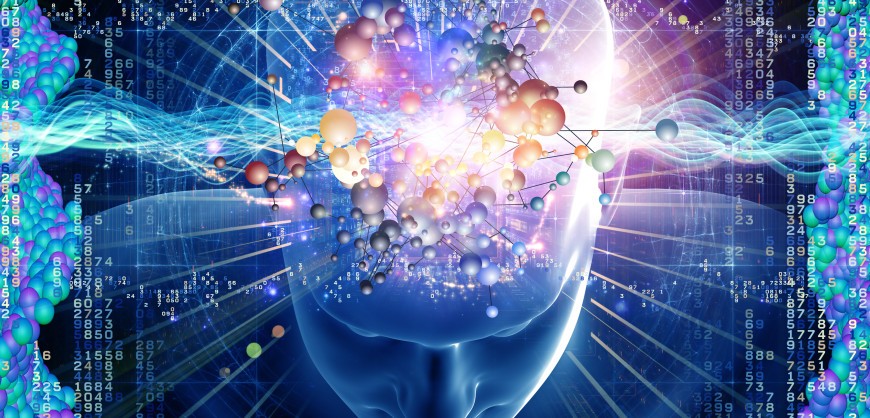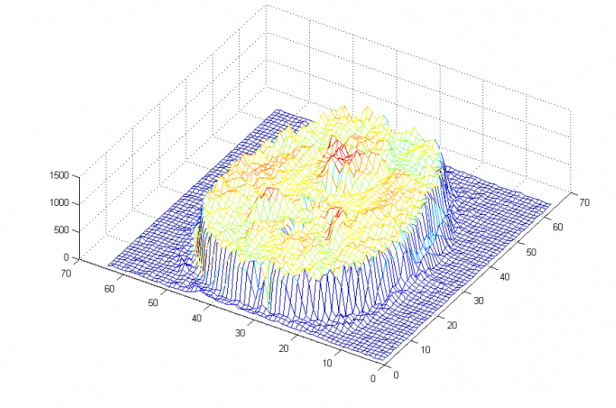Dr. Harris Georgiou, a neuroscientist from the National Kapodistrian University of Athens, counted the number of “CPU cores” at work in the human brain as it performs simple tasks in order to calculate the brain’s power. His brain scan analysis using functional magnetic resonance imaging (fMRI) revealed some unexpected results concerning the number of tasks our brains can process at the same time.
Brain activity was recorded while the participants of the study performed one of two simple tasks – a visuo-motor tasks and a visual recognition task. The analysis was complex but the result was simple. Dr. Georgiou found that about 50 independent processes are at work in human brains performing complex visuo-motor tasks that require subjects to indicate the presence of green and red boxes but fewer processes are required when carrying out simple tasks like visual recognition.
The study is particularly interesting for computer scientists as it has implications for the way they should design chips that are intended to mimic human performance. “It implies that parallelism in the brain does not occur on the level of individual neurons but on a much higher structural and funtional level,” says the MIT Technology Review that describes the findings.
This means that an artificial equivalent of a brain-like cognitive structure would not need to use parallel architecture at the level of single neurons. According to Dr. Georgiou, it could be built using “a properly designed set of limited processes that run in parallel on a much lower scale.”






































